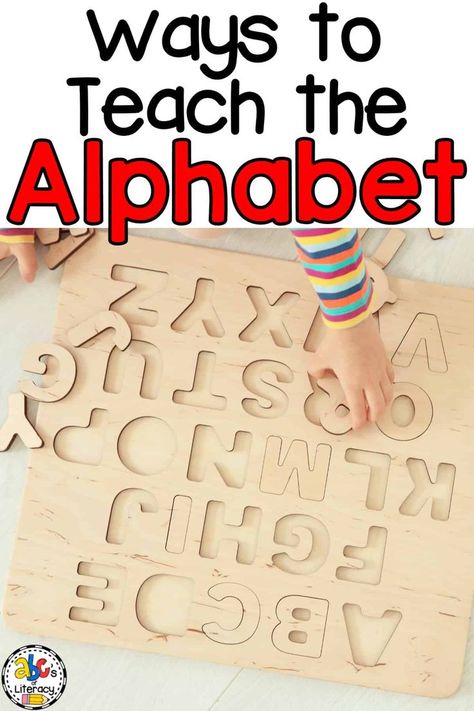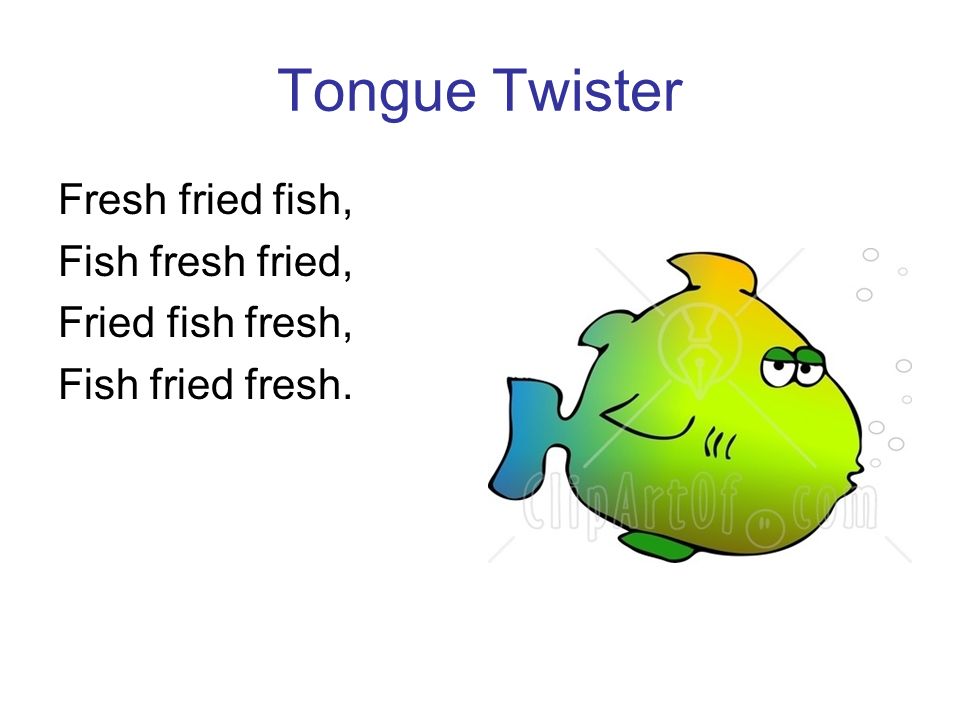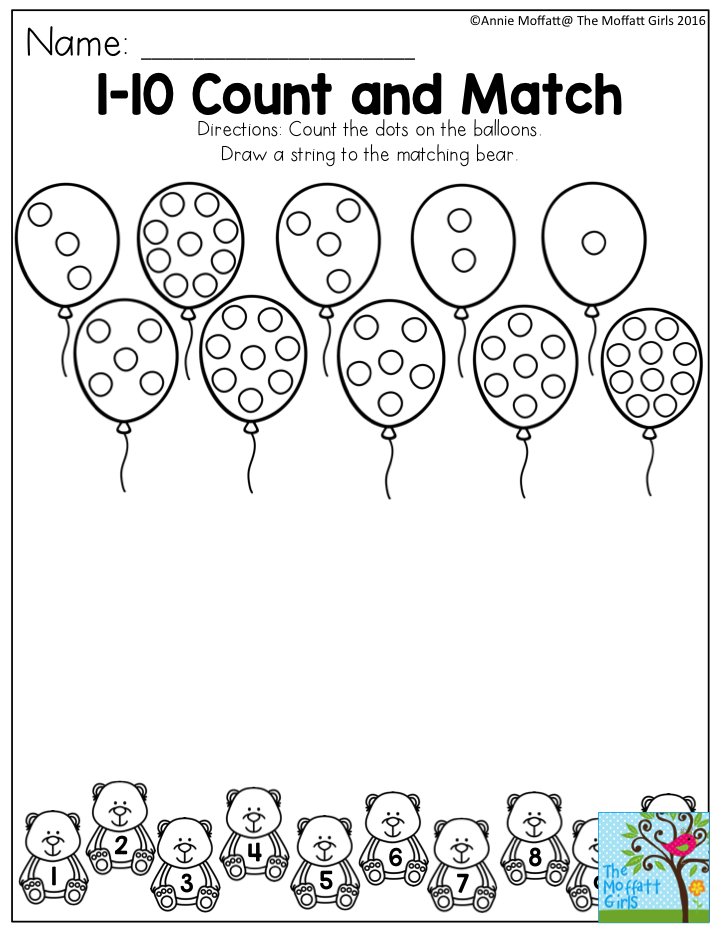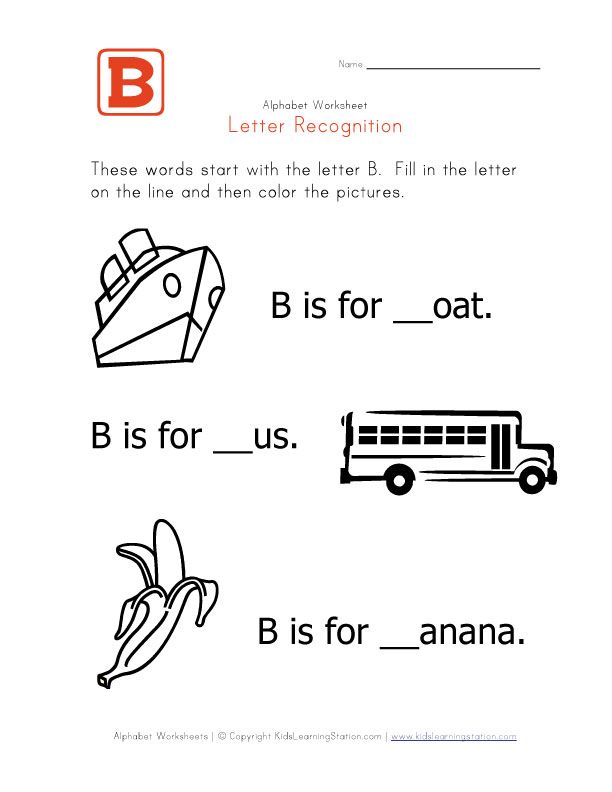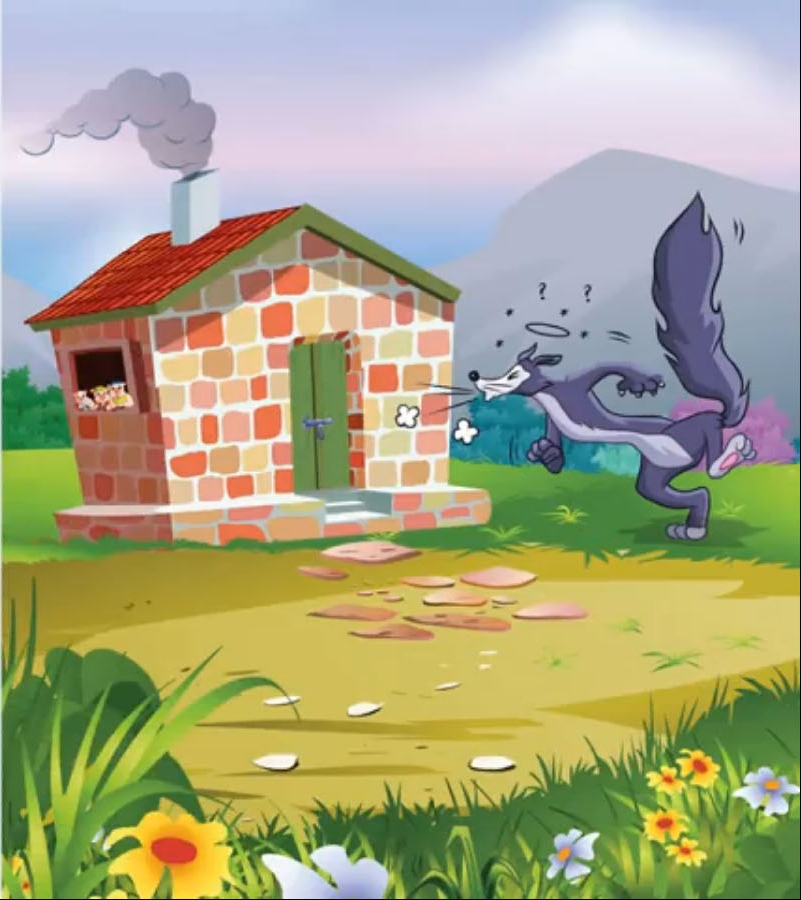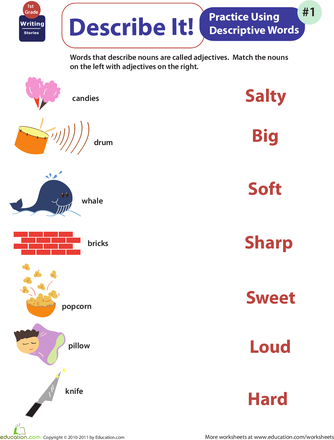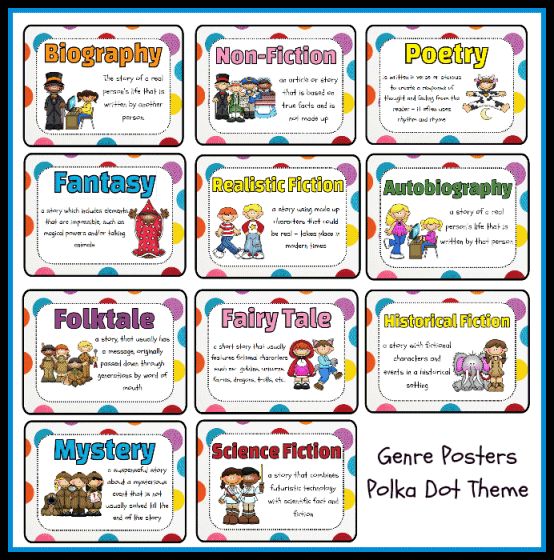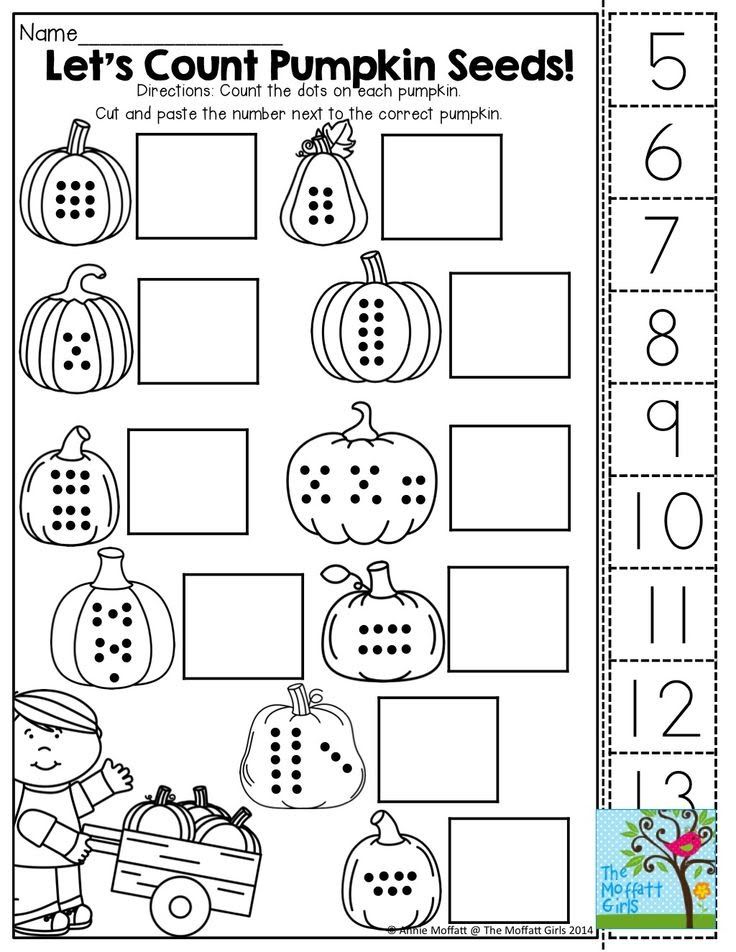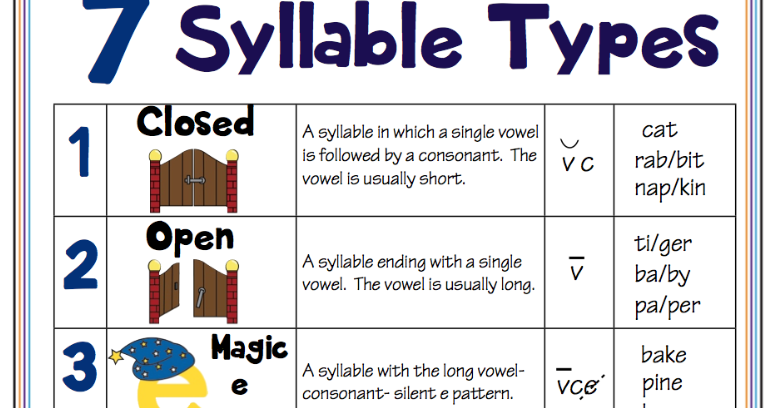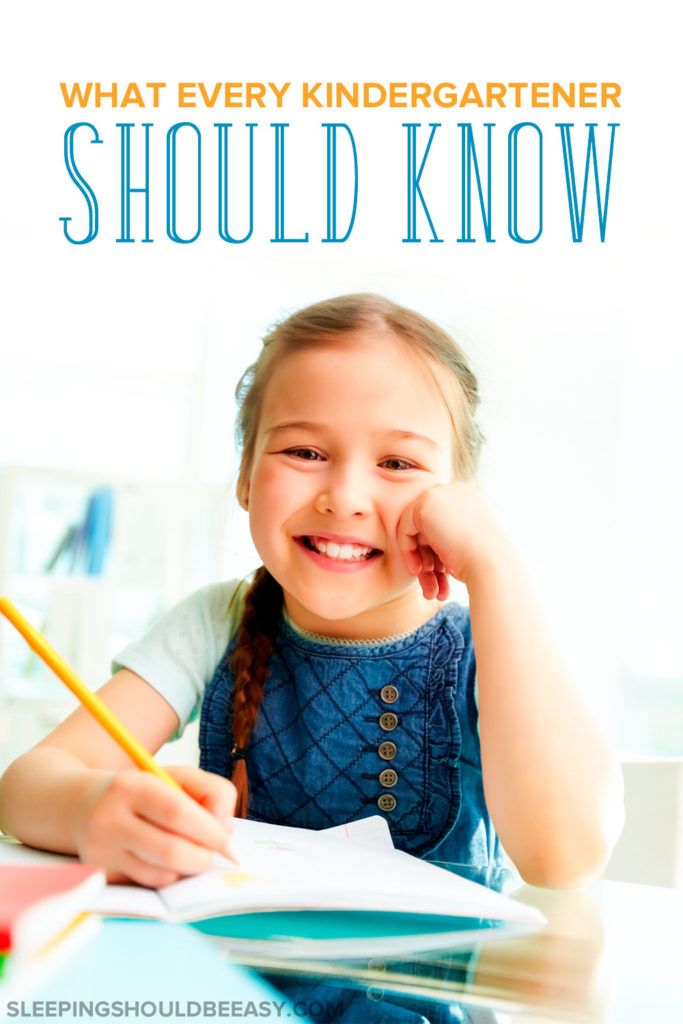Teach letters to kids
5 Easy ways to teach the alphabet to preschoolers | Daycare Blog
Teaching children the alphabet is foundational to learning how to read. Before children can put together sounds or draw together lines that make words, they need to know what they are. If you’ve never taught the alphabet before, the concept may sound abstract: how do you teach something that comes so naturally to you? Teaching letters can be really fun and simple. In this article, we’ll give you easy ways to teach the alphabet to preschoolers.
1) Sing alphabet songs
Obviously, we all know the English-language, “A-B-C-D, E-F-G,” song. That’s a great place to start. However, there are more alphabet songs, which can add variety to your tunes, and help kids learn the alphabet in different ways.
This article lists a whole bunch of alphabet songs to try. And, if you saw our article on YouTube channels for toddlers and preschoolers, you can find letter-related songs there too. The visuals in videos can show objects that start with each letter, and sometimes the songs also pronounce sounds too.
One important note brought up by this early childhood educator, is that kids should go from singing the song, to being able to say and point out the letters without a tune. So don’t stop at singing!
2) Play letter matching games
Letter matching games are easy to set up. You can have a poster board with the alphabet printed on it in large letters. Have separate letter magnets or paper letters cut out at the same size as the print letters. Ask the preschoolers to match their cut outs to the letters on the chart. Where does “A” go? Place the letter “A” cut out on top of the printed “A” on the poster board. Get them to practice doing this with all the other letters.
As the early childhood educator mentioned above noted, you can also have an alphabet ‘arc,’ where one end of a half-circle shows the letter “A”, and the other end the letter “Z”. In between you can have other letters in the alphabet shown, but not all of them. Ask the preschoolers to put down their block letters in the right sequence, using the pre-filled in letters as clues.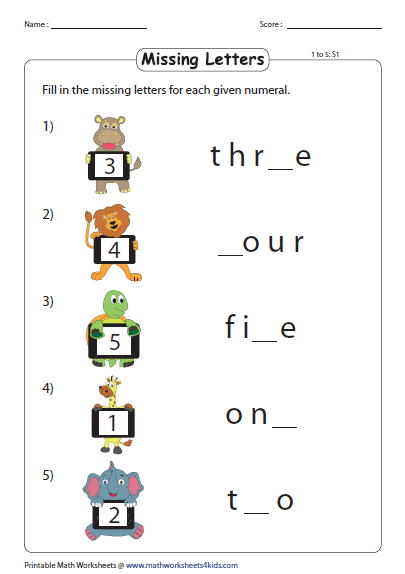
3) Open a new ‘alphabet box’ each week
You may have seen us post on Facebook that a certain week is brought to you by a letter we’re covering. It may be “C,” and you’ll see photos of us painting the letter C at daycare, or learning about animals that start with the letter “C.” Weekly letter themes are common in preschools.
You can take your weekly letter curriculum a step further by creating a box that children can open to discover objects that relate to that letter.
For example, on the week covering the letter “A,” your preschoolers can open (or even unlock) a box that contains an apple, a toy airplane, a toy alligator, an acorn, an arrow (a safe one!), and so on. In fact, don’t tell the children right away what letter the box of ‘treasures’ represents. Ask them if they can guess the letter they’ll cover that week by observing the objects in the box alone. This can be a fun and whimsical way to have your children get excited about the week ahead, and work together to come up with an answer.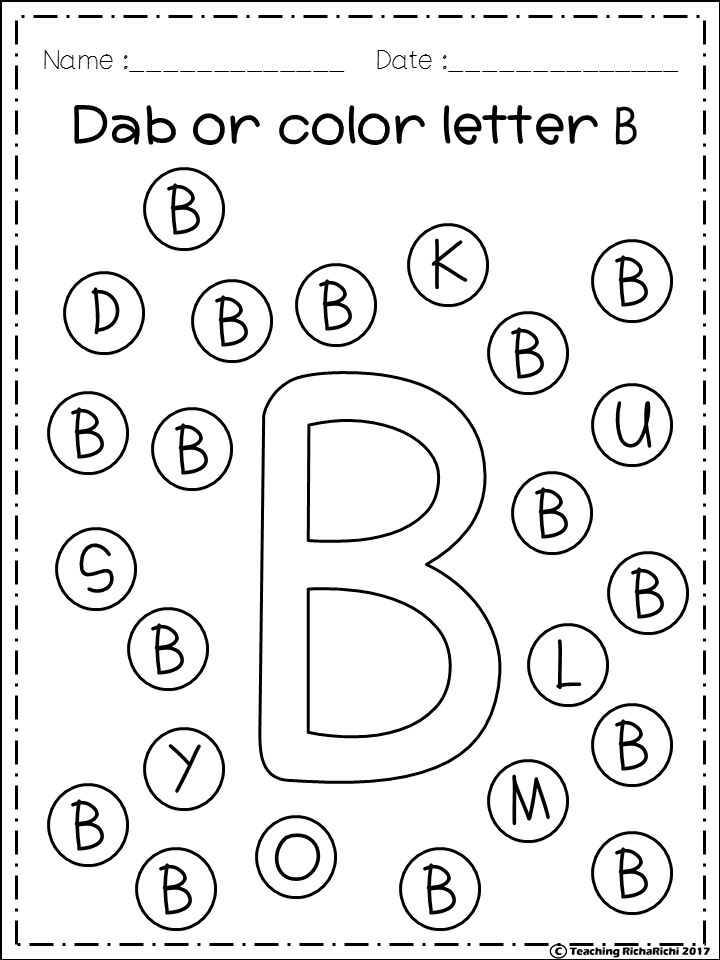
3) Use interdisciplinary learning with each letter, to strengthen letter associations
Since repeating a letter over and over again can get boring, you can mix it up a little by bringing in related lessons. You can start with a week’s letter as your core subject. Then, throughout the day, teach interdisciplinary subjects that still relate.
For example, if you are on the letter “R,” you can learn about the colour “red” too, since it starts with “R.” Ask the children, ‘what things are red?’ If you are on the letter “A,” you can learn about apples. We’ve done this before, where we teach children about the types of apples there are, as well as explain that seeds are inside an apple, and so on.
This blogger lists a whole bunch of crafts you can you incorporate into your letter learning. For example, you can make holes with a hole punch for the letter “H.” This can then lead into learning about the circle shape. You get the idea…
4) If you use flashcards to teach the alphabet, use logical ones
Flashcards are a great memorization tool, and the alphabet is all about memorizing.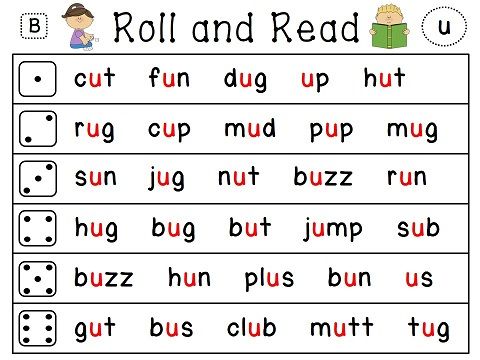 However, this teacher warns that sometimes, pre-made flashcards can get really confusing. If you are teaching the letter “D” and there is an image of something that simply uses the sound of “D” somewhere in the word, but doesn’t start with “D”… well you can quickly see how even adults would be confused by that.
However, this teacher warns that sometimes, pre-made flashcards can get really confusing. If you are teaching the letter “D” and there is an image of something that simply uses the sound of “D” somewhere in the word, but doesn’t start with “D”… well you can quickly see how even adults would be confused by that.
Remember, at this stage, you’re not teaching phonetics or complex vocabulary and pronunciation. First, children need to recognize and know the alphabet. Use the simplest flash cards, with the simplest pictures of the objects and animals that preschoolers can recognize.
That said, sometimes you want to use lowercase and uppercase letters in your flashcards…and yes, that can be confusing for the very young learners, especially when the upper and lowercase look so different, but are called the same thing. But if you’re using a set of magnets, for example, you can just use their uppercase versions, that’s ok (they may only come in that form). For very early learners, you can start really basic.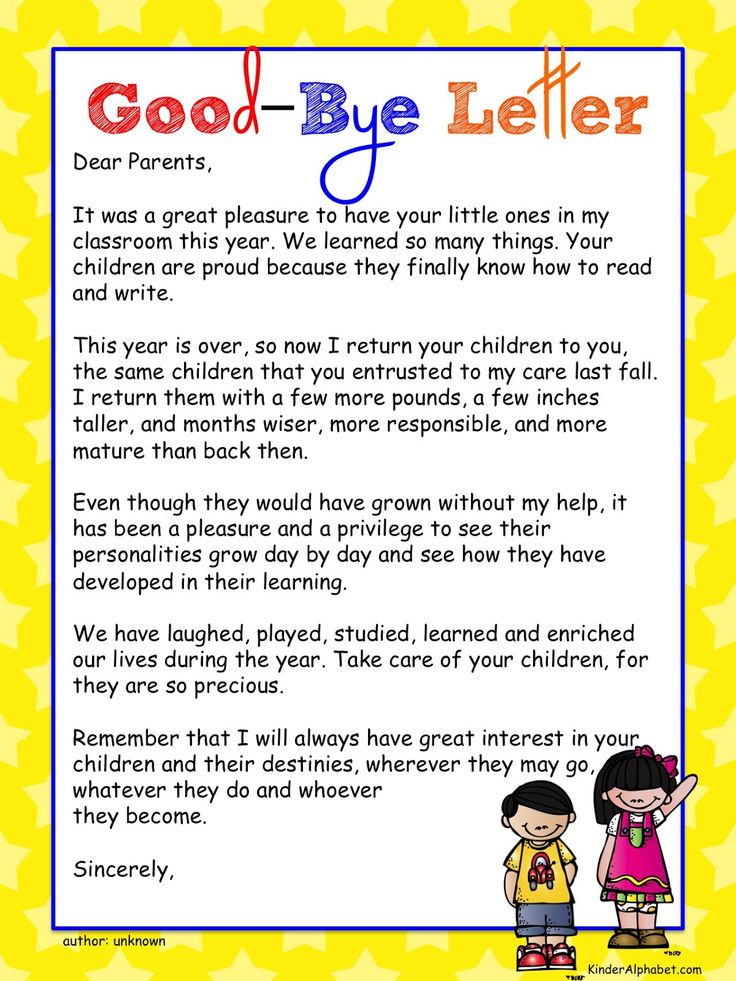 Just don’t forget to start showing them the lowercase and uppercase letters together at some point in their alphabet learning journey.
Just don’t forget to start showing them the lowercase and uppercase letters together at some point in their alphabet learning journey.
5) Eat foods shaped like letters to help preschoolers learn their alphabet
Speaking of interdisciplinary alphabet learning, why not do a baking session with the kids at preschool? They can use letter-shaped cookie cutters to make a fun and yummy snack. Meanwhile, there is a host of lessons you can teach with the baking activity. Chemistry, cooking, nutrition…the list goes on.
If you want the easy route, try commercially-sold letter-shaped biscuits. IKEA has a version of these. Ask your toddler or preschooler to name the alphabet letter they’re about to eat. Eating it can be the reward for getting it right!
And of course, there is alphabet soup, or noodles shaped like letters. You can make mealtime fun, and educational, with these edible alphabet manipulatives.
So there you have it, 5 easy ways to teach the alphabet to preschoolers.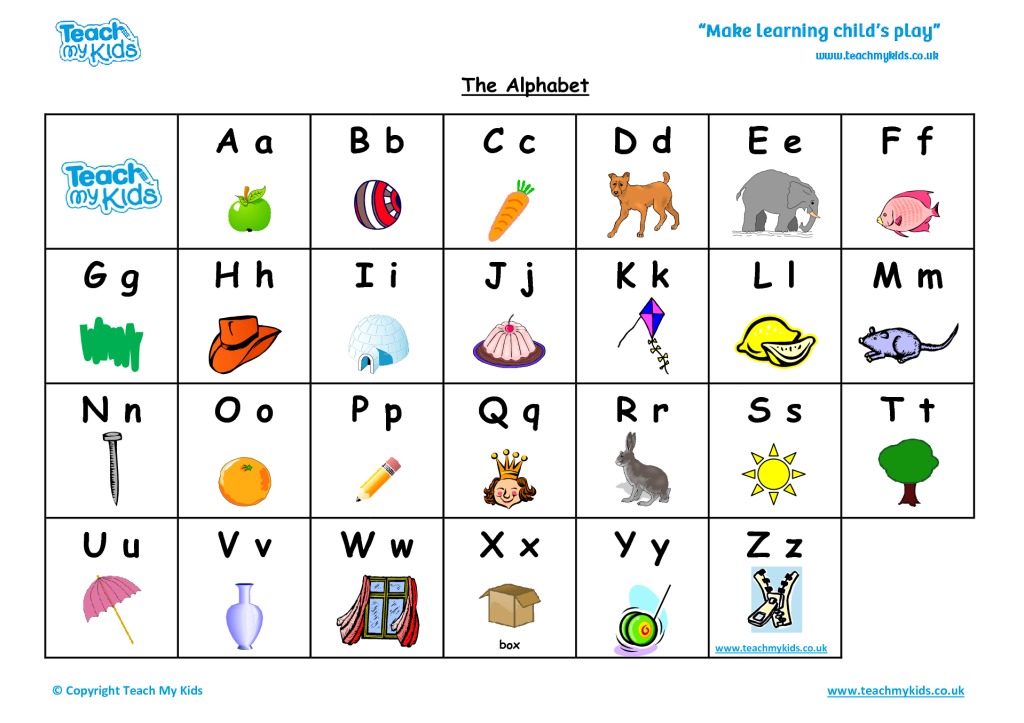 They may even be fun for you, too! It is super cute to hear little ones pronounce letters, and guess what object goes with each letter. When your preschoolers are learning the alphabet, be sure to take every teachable opportunity you can to encourage them to recognize letters in the world around them. If you’re on a field trip, ask the children if they can spot their letter-of-the-week on a street or building sign. If you’re reading a book, see if they can spot the letters you’re reading to them. Keep pushing letter recognition throughout the day, so the lessons can really sink into their memory.
They may even be fun for you, too! It is super cute to hear little ones pronounce letters, and guess what object goes with each letter. When your preschoolers are learning the alphabet, be sure to take every teachable opportunity you can to encourage them to recognize letters in the world around them. If you’re on a field trip, ask the children if they can spot their letter-of-the-week on a street or building sign. If you’re reading a book, see if they can spot the letters you’re reading to them. Keep pushing letter recognition throughout the day, so the lessons can really sink into their memory.
See more on our blog:
- How to teach digraphs to preschool children (6 ways)
- What is the best way to teach word recognition to early childhood readers?
- Why is literacy crucial in the early years? How can parents and preschools help with reading skills?
- How to teach toddlers and preschoolers to count, and learn their numbers
- Ideas for teaching shapes in preschool and daycare
5 Ways to Teach the Alphabet
Disclosure: This post contains affiliate links to Amazon.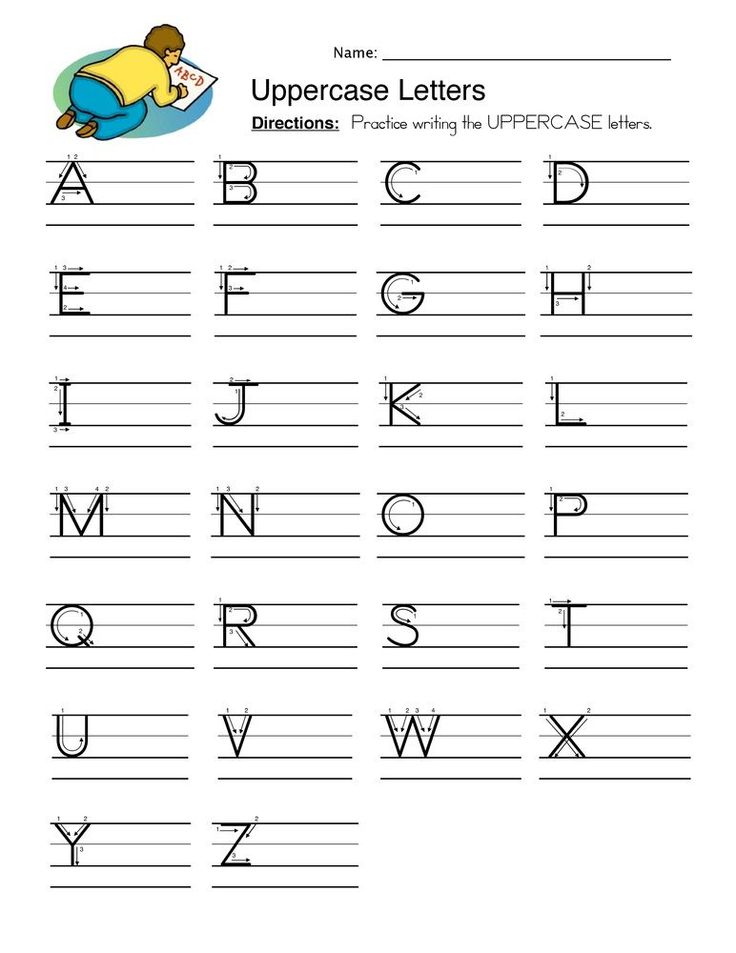 See my disclosure for details.
See my disclosure for details.
Teaching the alphabet is foundational for reading and writing. Around the age of 2, children begin showing interest in learning alphabet letters. While some kids learn letters very quickly, others need more repetition and time to learn letters. Today I’m going to share with you some of my favorite ways to teach the alphabet to little ones.
Here’s what a preschooler should know before kindergarten:
- Recite/sing the alphabet
- Identify uppercase letters
- Identify lowercase letters
- Match uppercase letters to lowercase letters
- Identify the sounds each letter makes
- Traces letters
- Write some alphabet letters
Here are my five favorite ways to teach the alphabet to children.
1. Read Alphabet Books
Read all sorts of alphabet books to your children, even starting as babies. The repetition will really help your child learn the alphabet at a young age.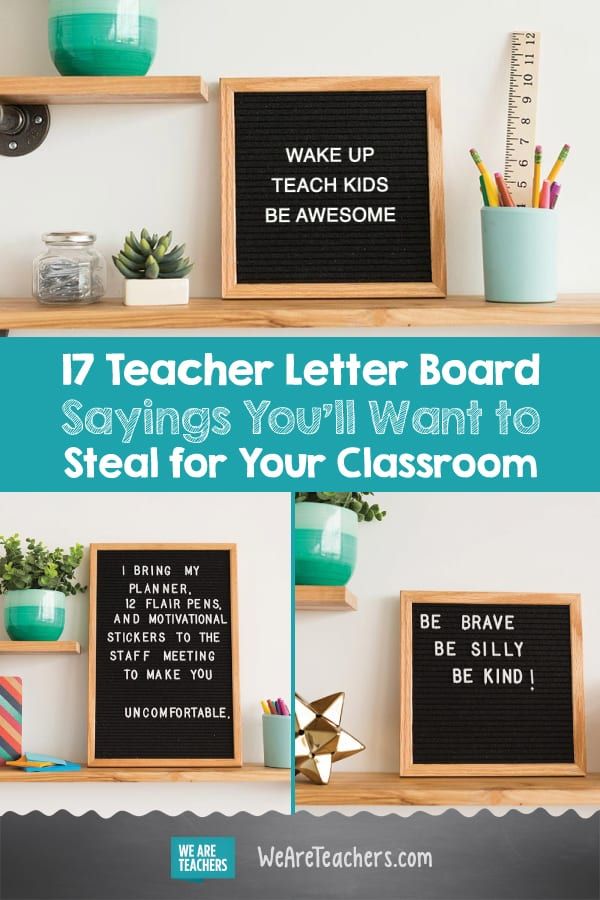 When my oldest was born, I was surprised at how many alphabet books we had been given as gifts. We loved reading all of them because they were different from each other. I found that around 18 months both my kids really started enjoyed reading alphabet books. Here are a few of our alphabet books:
When my oldest was born, I was surprised at how many alphabet books we had been given as gifts. We loved reading all of them because they were different from each other. I found that around 18 months both my kids really started enjoyed reading alphabet books. Here are a few of our alphabet books:
Here are some of our favorite alphabet books.
The Three Bears ABCChicka Chicka Boom Boom (Board Book)Eating the AlphabetThe Farm Alphabet BookG is for GoatHarold’s ABC (Purple Crayon Book)I Stink! (Kate and Jim Mcmullan)Bad KittyThe Letters Are Lost!AlphaOops!: The Day Z Went FirstZ Is for Moose (Booklist Editor’s Choice. Books for Youth (Awards))Q Is for Duck: An Alphabet Guessing GameABC T-RexWork: An Occupational ABC
2. Sandpaper Letters
Using sandpaper letters is a great way to introduce letters to children. My favorite ones are Didax Sandpaper Tracing Letters or School Supply Tactile Letters Kit. This is a perfect pre-writing activity because children use their finger to trace the sandpaper letters.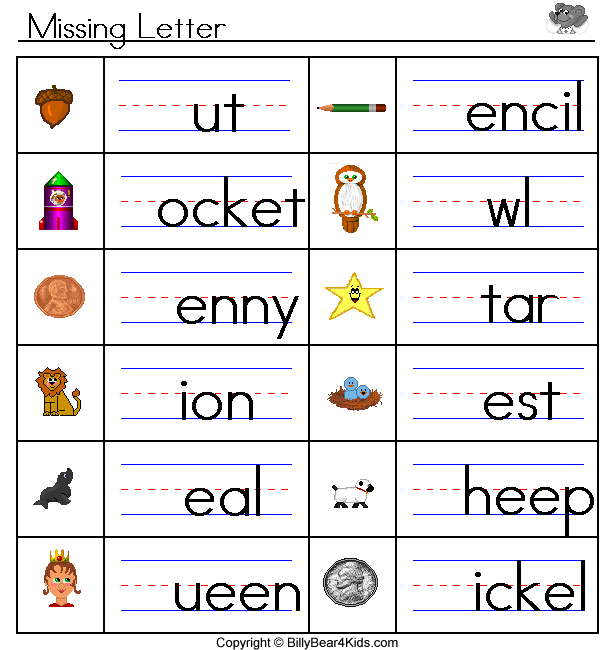 I love that the cards tell the child where to start and which direction to go.
I love that the cards tell the child where to start and which direction to go.
Sandpaper letters are part of the Montessori approach to learning how to read. These letters provide a tactile and visual way to help children learn the alphabet. In the Montessori method, you teach letters to a child in the 3-period lesson.
1st period is introducing the letter (“this is” period). Show your child the letters. Have them trace the sandpaper letters. The best way to teach children alphabet letters is by telling them their phonetic sound. So each time they trace the letter, say the phonetic sound.
2nd period is association (“show me” stage). Ask your child to follow simple directions with the letters. For example, please pick up the /m/ and set it by the window. Continue to do this with each letter several times to reinforce this. If it is too difficult, return to the first period.
3rd period is recall (“what is this?” period).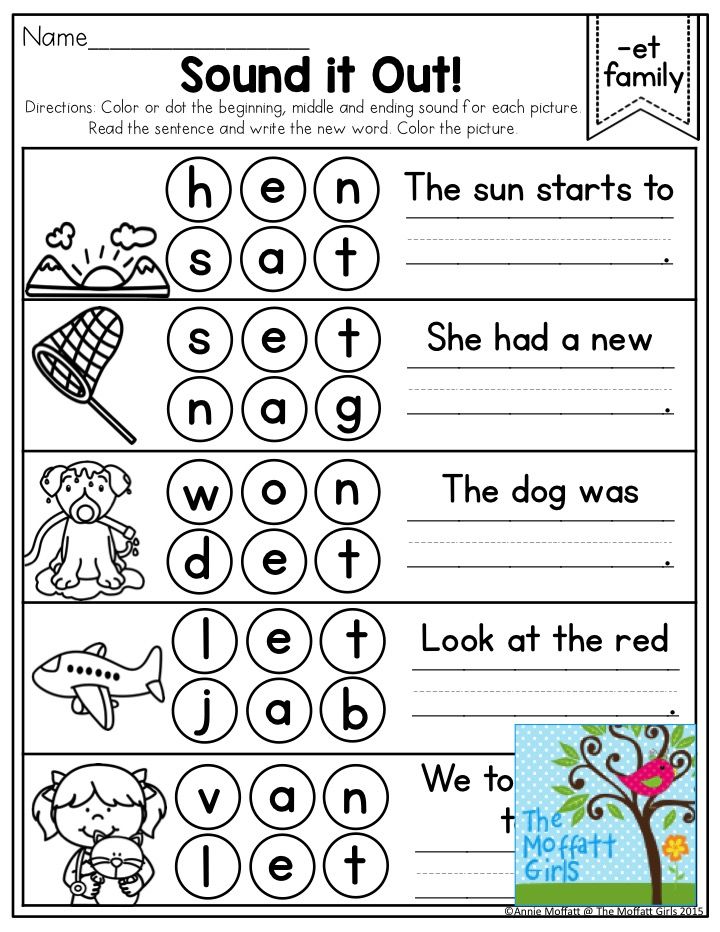 Only go to this period when they’ve mastered the other two periods. Put a letter in front of the child and say “Can you trace this and tell me what it is?” Continue with the other letters in the same way.
Only go to this period when they’ve mastered the other two periods. Put a letter in front of the child and say “Can you trace this and tell me what it is?” Continue with the other letters in the same way.
When you use these sandpaper letters, you are teaching them 3 things: the shape of letters, the feel of its shape and how its written, and how you pronounce its sound.
3. Alphabet Puzzles
I think teaching letters with alphabet puzzles are an amazing tool for teaching the alphabet. This is my favorite puzzle, from Melissa and Doug. It’s a beautiful wooden puzzle with neat pictures. This is a great way to practice vocabulary and verbal skills, too.
4. Sensory Activities
While some kids learn letters very quickly, others need more repetition and time to learn letters. I’ve always said that children learn best when they have many multisensory experiences with letters.
I love to incorporate sensory play into learning alphabet letters.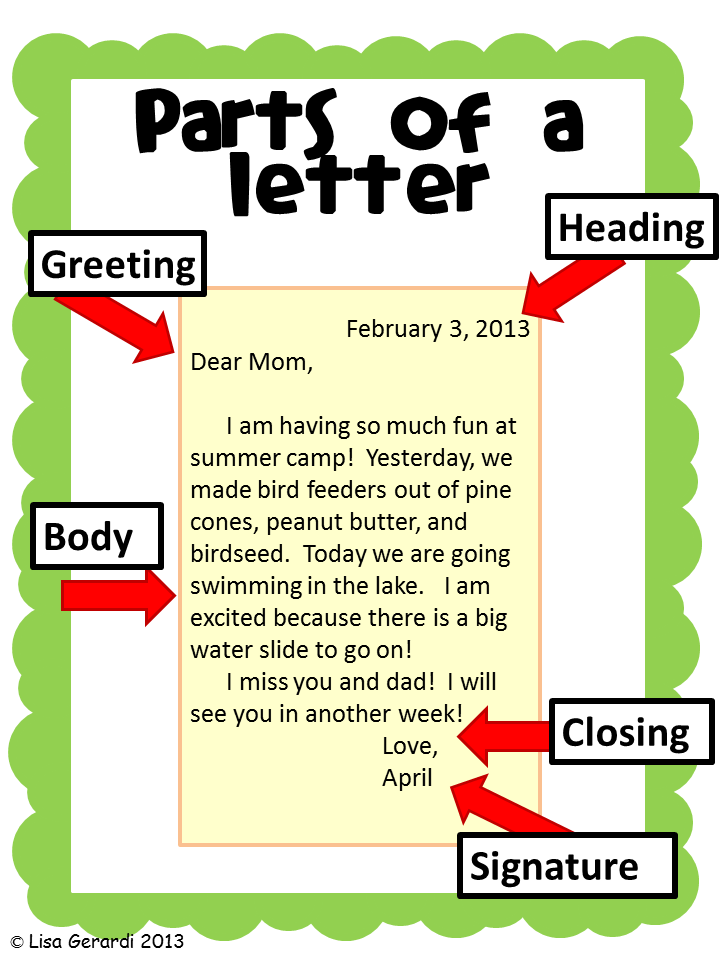 When children have meaningful activities with repeated exposure, they start to pick up on letter names. One way is this alphabet ice excavation activity.
When children have meaningful activities with repeated exposure, they start to pick up on letter names. One way is this alphabet ice excavation activity.
You could also make a colorful sensory bin!
Or practice writing letters in the sand, like this sensory writing tray.
5. Alphabet Printables
I have quite a few alphabet printables on my blog, but here is a set that is easy and fun for preschoolers. You will need Do a Dot Markers or dot stickers to fill in the circles.
I love pulling printables out for a quick and easy activity. I’m always advocating for hands-on learning, but sometimes it’s nice to do a few paper activities. Using Do a Dot markers or dot stickers is great for hand-eye coordination and fine motor skills.
If you’d like to download this printable, just click the button below.
5 Ways to Learn the Alphabet Quickly and Easily with a 3-6 Year Old Child – Somersault
Before learning the alphabet with a child, it is important to understand what you are not going to do.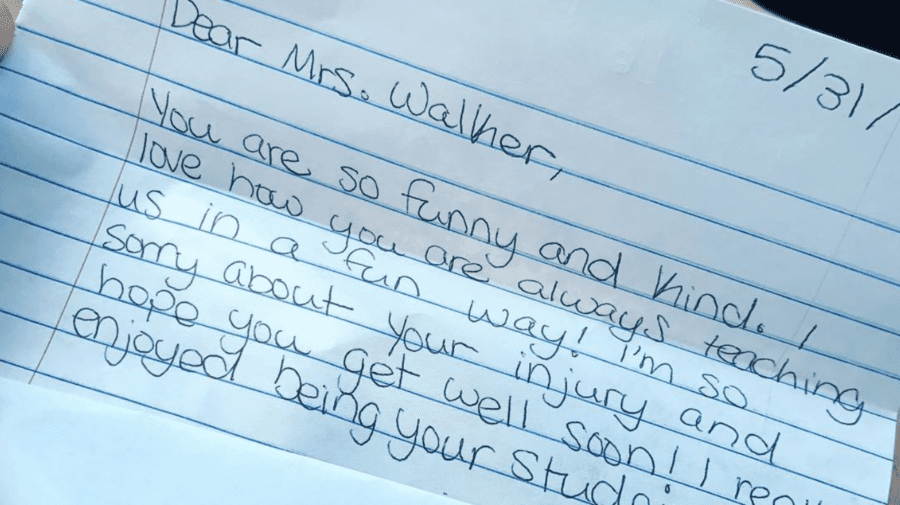 Namely, learning to read. This is a more complex skill, so it is worth putting it off until the time when the child gets acquainted with all the letters and will confidently recognize them and write on their own. Until then, put off the alphabet and reading by syllables.
Namely, learning to read. This is a more complex skill, so it is worth putting it off until the time when the child gets acquainted with all the letters and will confidently recognize them and write on their own. Until then, put off the alphabet and reading by syllables.
In this article, we have put together the basic principles to quickly learn the Russian alphabet with a 3-6 year old child in a playful way. For all games with letters, you can use plasticine, paints and any improvised means or magnetic letters - they will easily attract the attention of the child.
Contents:
- Learn the Alphabet Easily: Basic Principles
- 5 ways to learn the alphabet with your child
- From alphabet to reading
How to Learn the Alphabet Easily: Basic Principles
Each child can find an easy way to learn the alphabet that suits him or her, but there are basic principles that are important for all children.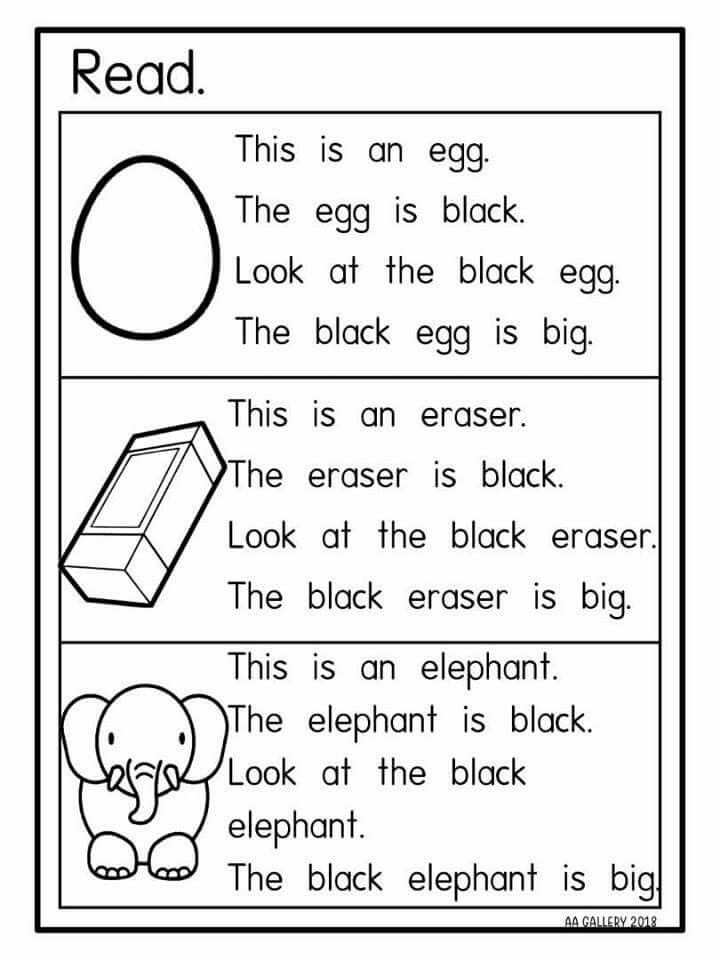 If you do not follow them, study will turn into drill and the child is unlikely to ever love to read. Here are a few such principles on how to properly learn the alphabet for a child. nine0003
If you do not follow them, study will turn into drill and the child is unlikely to ever love to read. Here are a few such principles on how to properly learn the alphabet for a child. nine0003
- Learn sounds first, not letters . At the first stage of learning, it does not matter how the letters in the alphabet are called correctly. Now only sounds are important for the child - "d", and not the letter "De". The names of the letters will only confuse the child, who first needs to learn to recognize the shape of the letters and their sound.
- Not learning the alphabet in the correct sequence . Until a child goes to school, it is of no use to him to know how the letters are arranged in the alphabet. This information will only distract him from what is really important: how the letters look and sound. The sequence of the alphabet can be learned later or even at school, where this knowledge will be tested by the teacher. nine0016
- Do not turn learning into a lesson .
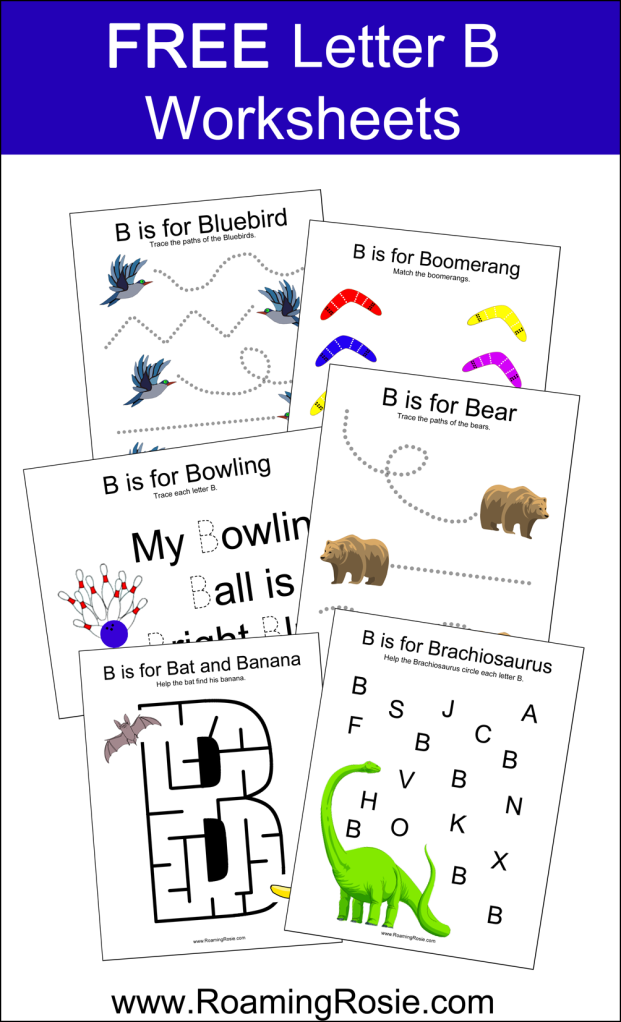 Learning from call to call is difficult even for children at school, let alone a baby. Therefore, all learning should take place in a playful way and not for long: 5-7 minutes a day to get acquainted with the letters will be enough. Gradually, this time can be increased, especially if the child likes the proposed games with letters.
Learning from call to call is difficult even for children at school, let alone a baby. Therefore, all learning should take place in a playful way and not for long: 5-7 minutes a day to get acquainted with the letters will be enough. Gradually, this time can be increased, especially if the child likes the proposed games with letters. - Use material objects . At the age of 3-6 years, the child learns the world by touch and taste. It is difficult for him to work with abstract letters spoken aloud. Therefore, it is better to stock up on plasticine and paints and create letters that are more understandable to the child and can be touched. Such a game for children will allow the child to learn the letters of the alphabet and he will recognize them in different forms regardless of what they are made of. nine0016
- First vowels, then consonants . Vowel sounds are easier to pronounce, so it's worth starting with them.
The main thing is not to force anyone.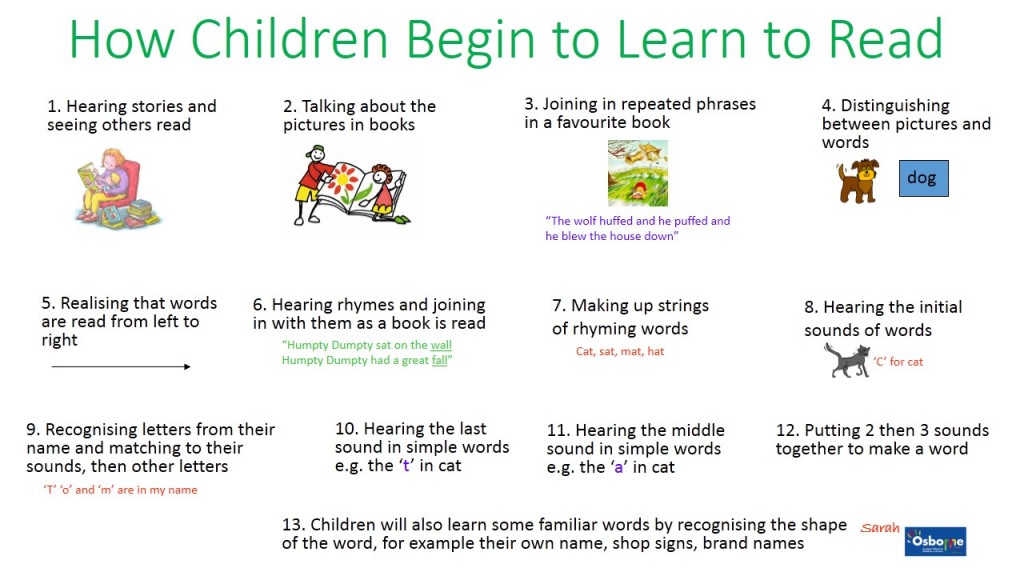 If you see that the child is inquisitive, enjoys exploring the world and is ready to learn, you can move on to learning letters and the alphabet. So the child will be happy to learn the alphabet in a playful way and gradually learn to read. So that the game is not abstract, you can use the magnetic letters TUMBLING.
If you see that the child is inquisitive, enjoys exploring the world and is ready to learn, you can move on to learning letters and the alphabet. So the child will be happy to learn the alphabet in a playful way and gradually learn to read. So that the game is not abstract, you can use the magnetic letters TUMBLING.
5 ways to learn the alphabet with your child
1. Use an interesting topic to study
Use your child's interest to spur his motivation to learn. For example, if your kid is crazy about cars, let them be the topic in which you learn the alphabet. Use any words related to cars:
"A" - bus
"B" - trunk
"C" - driver, etc.
You can show cars and their parts, draw or sculpt from plasticine. It is important that the child's focus shifts from learning to doing what they love. Additionally, the method will help expand vocabulary and knowledge about the world. nine0003
2. Cross out a letter of the alphabet in the list
Fill in a small square with arbitrary letters.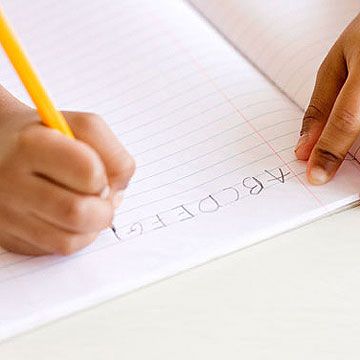 The task is to cross out only the letter that you are studying. This will help the child focus on one letter and not get distracted by the ones he doesn't remember or don't know.
The task is to cross out only the letter that you are studying. This will help the child focus on one letter and not get distracted by the ones he doesn't remember or don't know.
3. Pulling the letters of the alphabet out of the pouch
The soft-touch magnetic letters are perfect for this method. Put the letters in a bag and give the child the task, without looking, to pull out only the letter that you thought of. Let there not be too many letters in the bag, otherwise the child will get confused. 6-7 pieces will be enough. To start, use letters that are very different in shape, such as "O" and "M". Gradually, the complexity can be increased and searched among similar letters, for example, "K" and "X". Don't forget to praise and encourage your child. You can alternate the learning process with desktops. nine0003
4. Recognize letters of the alphabet by ear
You pronounce a word, and if it contains a hidden letter, the child claps his hands.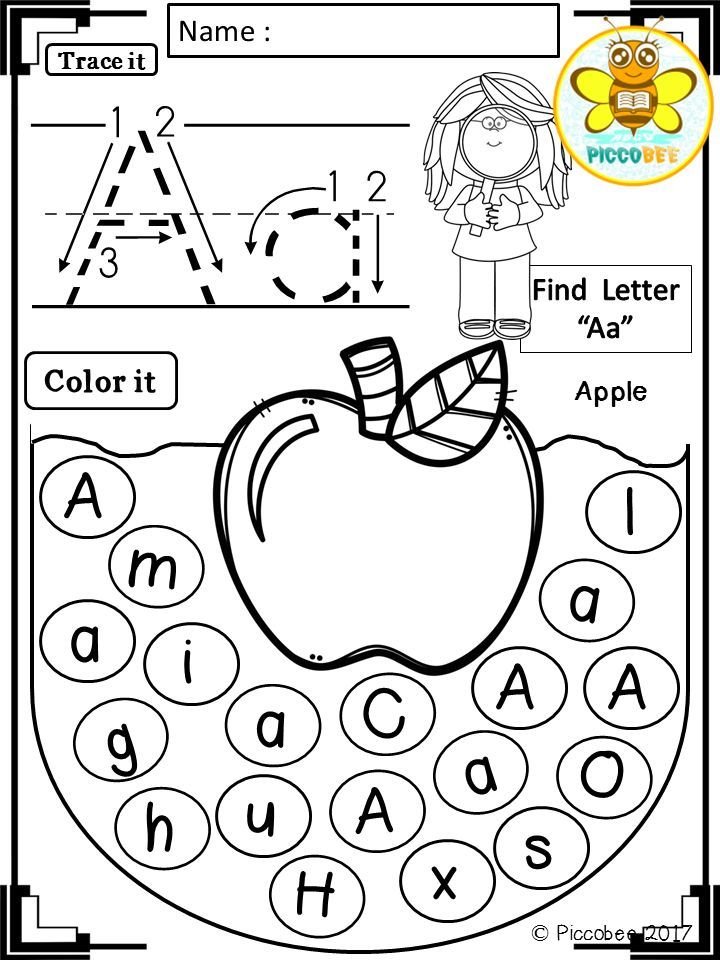
With this game for kids, you can learn individual letters or the entire alphabet. For example, you name a word, and the child inserts its first letter into the insert frame. To stimulate your child's interest, you can use only words from his favorite topic, for example, the names of animals.
5. Guess words starting with the first letter
You choose one letter and think of a word that starts with that letter. For example, the letter "Z":
- What is this animal with big ears and loves carrots?
- Hare!
This game form is again suitable for learning individual letters or the entire alphabet. If you learn only one letter, the child gets used to quickly recognizing it in different words. And if you give words with different letters, the child as a whole learns to understand with which letter they begin. With the study of the account and the English language will also help TUMBLING.
From the alphabet to reading
When a child learns the Russian alphabet, confidently recognizes all the letters in different words and can draw or mold them on his own, it is worth moving on to reading.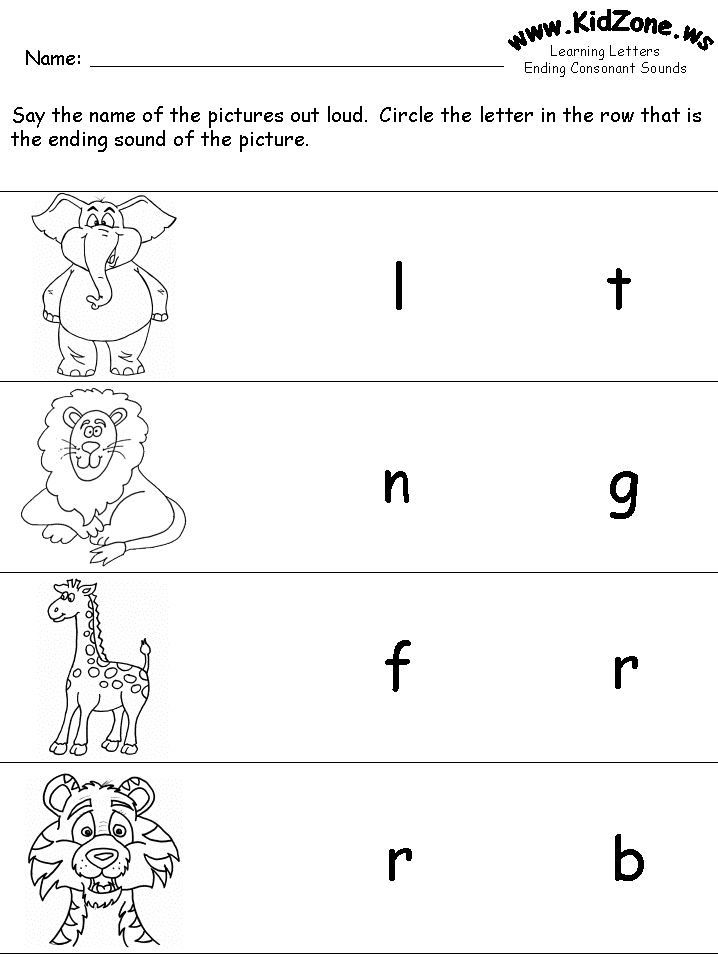 Because you need to learn the alphabet just so that the child can read. If knowledge is not used, it will hang as an extra burden, and by the time school will be forgotten. Therefore, you should not learn the alphabet too early: at 3-4 years old, a child is simply not interested in reading books in order to learn something new. He is more interested when his mother reads. Conversely, by the age of six, the child will be glad to have his own books to read them himself. nine0003
Because you need to learn the alphabet just so that the child can read. If knowledge is not used, it will hang as an extra burden, and by the time school will be forgotten. Therefore, you should not learn the alphabet too early: at 3-4 years old, a child is simply not interested in reading books in order to learn something new. He is more interested when his mother reads. Conversely, by the age of six, the child will be glad to have his own books to read them himself. nine0003
How to quickly learn the alphabet - learning letters with a child
Letters are all around us. The child sees them in books and magazines, on product packaging, in shop windows. He can't help wondering what it is. Over time, he begins to understand that adults can read, begins to copy his parents, having learned a poem or a fairy tale by heart, and pretending that he is reading a book.
Experts recommend teaching a child to read shortly before school, since at an earlier age his brain is not yet ready to perceive such information.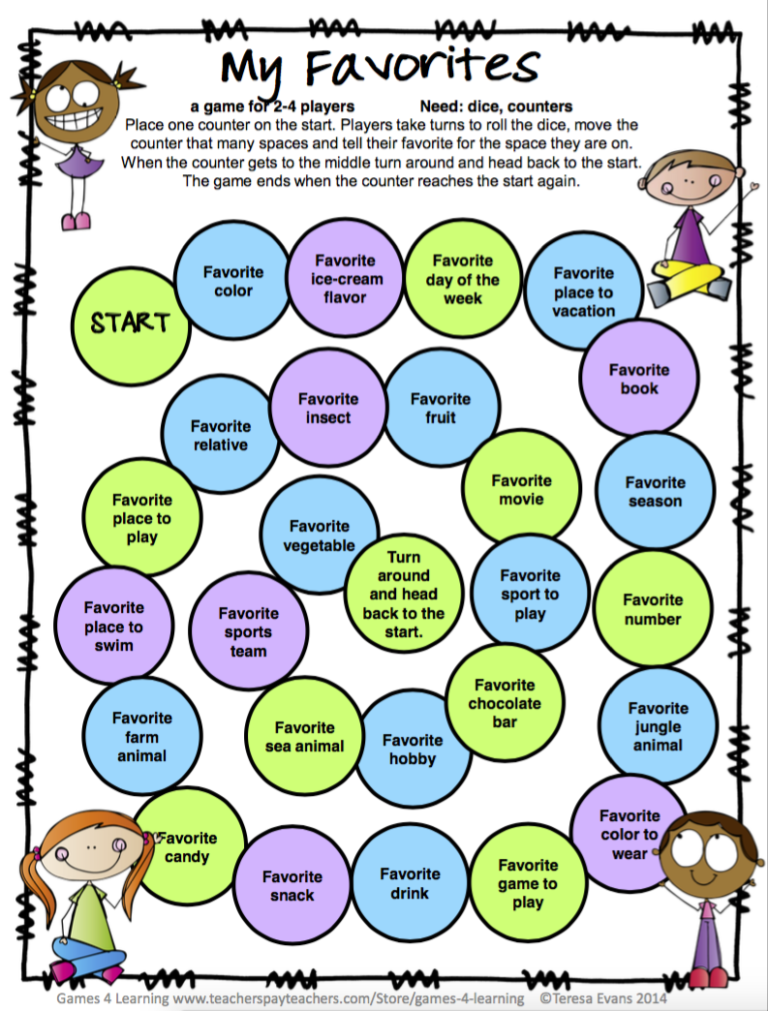 You can learn sounds with it, learn to distinguish them in oral speech, start mastering the alphabet. This pre-letter period is very important, because thanks to it the child will be able to learn to read fluently and understand what he read. nine0003
You can learn sounds with it, learn to distinguish them in oral speech, start mastering the alphabet. This pre-letter period is very important, because thanks to it the child will be able to learn to read fluently and understand what he read. nine0003
At what age do you start learning letters?
Many parents are sure that a child's development should start almost from the cradle. But neuropsychologists warn that learning letters and numbers before the age of 3 is harmful. At this age, the emotional and sensory sphere should be formed. If we force a child to learn, then we violate the laws of brain development, which can have negative consequences.
No specialist will tell you that at the age of 3 or 4 a child should know all the letters. Of course, if you wish, you can force him to learn the alphabet, but this will not be useful, but, on the contrary, can harm. The brain is ready for reading most often by the age of 5-6, and only in 20% of babies - by 4-5. Before this time, it is not worth studying letters.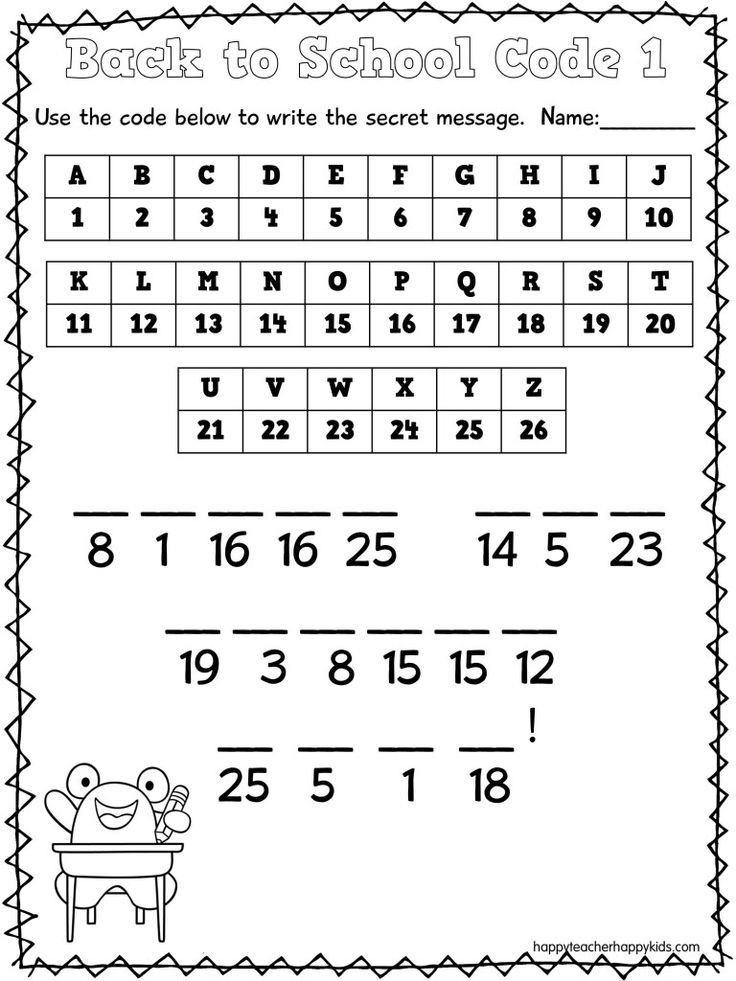 nine0003
nine0003
But this does not mean that you can forget about the development of the child. At 3-4 years old, you need to work on the development of speech, teach the baby to ask and answer questions correctly, pronounce words, and study the world around him. You need to work on fine motor skills, teach him to dance, form a sense of rhythm, and so on.
These are the recommendations. However, all children are different. If a child has shown a sudden interest in letters, it means it's time to start learning. And it does not matter if it manifested itself late, for example, at 6 years old. The child should want to read, only after that you can study with him. nine0003
Psychologists note several signs that indicate a child's readiness for learning:
- The child perceives well what he has read by ear and can tell what the book is about.
- He knows how to build phrases, pronounce all sounds.
- Interested in what is written in a children's magazine, book or poster.
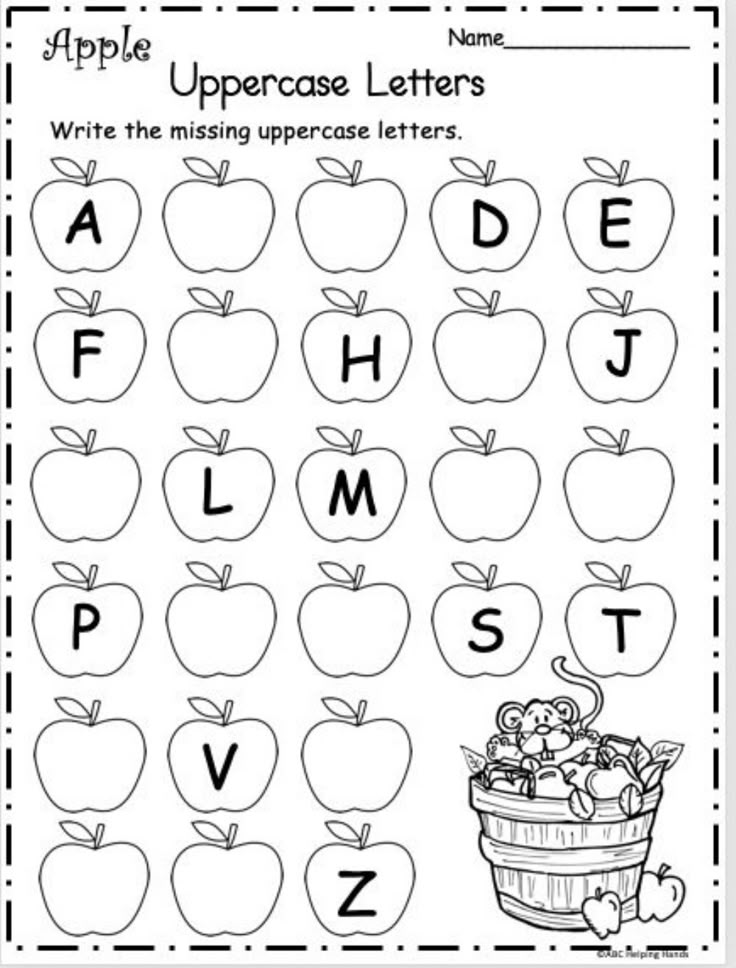
- Pretends to read, imitating adults.
If all these signs appear, you can start classes. You can’t put pressure on a child, force him to study, bribe him (“learn the letters - I’ll give you a chocolate bar”) - this will not achieve anything. nine0003
In those cases where the interest in letters appeared early, there is no need to give up classes. But do not overload the baby, work with him for no longer than 7 minutes, classes do not have to be done every day, you can take breaks of 2-3 days.
How to start learning the alphabet?
The child began to show interest in letters. No need to immediately load it with knowledge, cramming the alphabet. Move a little. The easiest way for children to remember the first letter of their name. Explain to him what this letter is, what it is called. You can ask him to find this letter in the text. Gradually, he will learn to highlight it, will pay attention to it. The first step has been taken. nine0003
Parents now trust their children's education to various children's tablets, phones and other similar toys. Remember that they are teaching letters, not sounds. Toddlers need to be taught precisely sounds, so it will be easier for them to master reading.
Remember that they are teaching letters, not sounds. Toddlers need to be taught precisely sounds, so it will be easier for them to master reading.
A letter is a graphic representation of sound, each has its own name. But learning to read, knowing only the names of the letters, is very difficult. Imagine that the child will need to read the word "ball". How will he do it? Just as he was taught: "beael". And all because he pronounces letters, not sounds. nine0003
It is better to start learning with sounds, pronouncing them with the child. Parents themselves should not confuse sound and letter. Sound is what we hear. A bumblebee buzzes - this is a sound, a hammer knocks - this is also a sound. But far from all sounds we can get words. If we clap our hands, the sound will appear, but the word will not.
You can create a word from special sounds called speech sounds. Make sure that the child does not confuse the letter and sound. Explain to him that a letter is an icon that can be seen in a book or drawn on paper.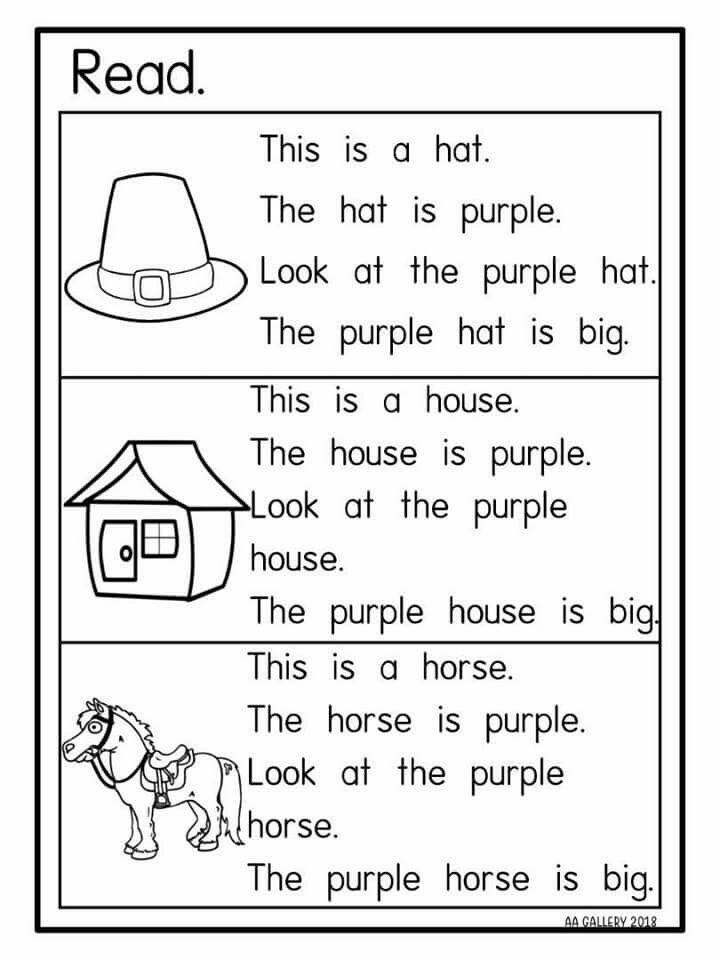 Letters can be seen with the eyes and sounds can be heard. nine0003
Letters can be seen with the eyes and sounds can be heard. nine0003
General recommendations for teaching a child
If you decide to work with a child, remember the basic rule - he should be interested. You can't force him. At this age, the easiest and most accessible way of learning is through the game.
It is difficult for kids to concentrate, to sit in one place for a long time, so classes should be short, 5-10 minutes each. As soon as you notice that he has become bored, switch to something else. If he forgot everything that you went through, do not get annoyed, repeat again until he remembers. If you overload your child with information, he will develop an aversion to learning. nine0003
At an early age, a child develops visual-figurative thinking, and only then - abstract-logical. This means that it is useless to draw letters on paper or a board. So you can't learn them. For him, it will be just a set of dashes.
The child needs a visual association.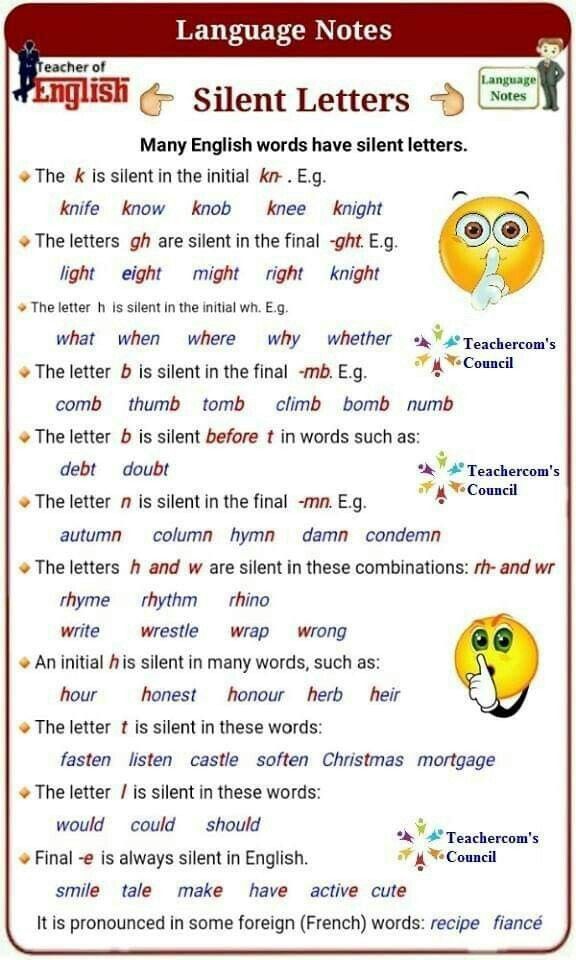 For example, if you are learning the sound "a", you can show him a picture of a watermelon or any other item that starts with that letter. Stock up in advance with soft cubes with letters, bright cards, coloring books, beautiful colored primers. nine0003
For example, if you are learning the sound "a", you can show him a picture of a watermelon or any other item that starts with that letter. Stock up in advance with soft cubes with letters, bright cards, coloring books, beautiful colored primers. nine0003
Do not learn letters in alphabetical order. It is better to start learning with vowel sounds. The letters that are most often found in speech are studied first, then you can move on to rarer ones.
How to learn vowels?
First, explain to your child that all words are made of sounds, just as houses are made of bricks. The more sounds in a word, the longer it is. After that, you can proceed to the study of sounds.
Start with "a" . You can show the baby pictures that show objects whose names begin with this letter. Draw with him the mouth that makes this sound, note how we open it wide. Let him try to name the words that begin with this letter. Do not overload the child: 1 lesson - 1 letter.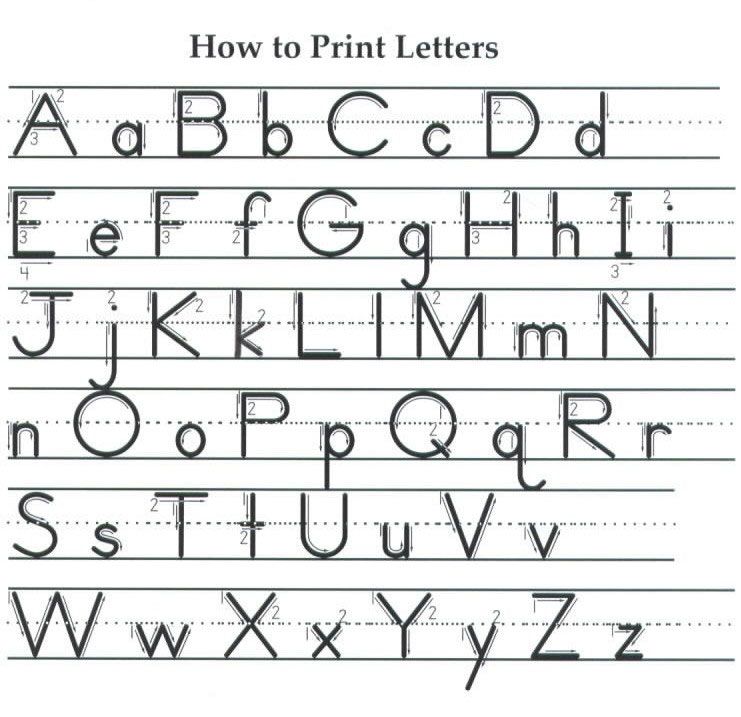 nine0003
nine0003
Try to consolidate the acquired knowledge. So you go to the kindergarten, you saw a pharmacy, let the kid try to find the letter that you studied. Bought a children's magazine, see if the title has the letter "a" . You can mold a letter from plasticine or dough, cut it out of paper. You can lay it out of sticks or sand.
It will be much easier for you to captivate your baby if you always have blocks with letters, bright books, cards at hand. You can sing a song about a letter or listen to a funny verse. nine0003
So, study all the vowels one by one. At the end, you can explain that the sounds that you have already learned are called vowels. These are sounds that can be sung. Try to sing together "a-a-a" or "u-u-u" .
Remember that we have 6 vowels ( a , o , y , e , s , and ) and 10 vowels. The letters i , e , i , i consist of 2 sounds.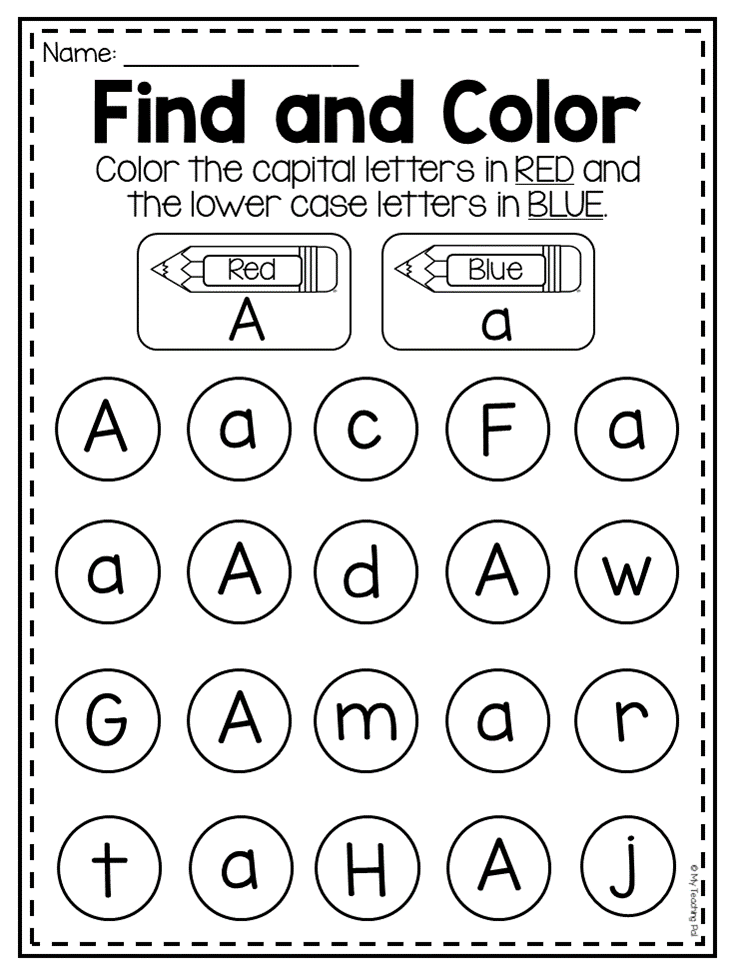 It is better to postpone the study of the latter for later, because there is no sound "i" , i is a letter consisting of 2 sounds. Do not confuse the child so that later educators and teachers do not have to retrain him.
It is better to postpone the study of the latter for later, because there is no sound "i" , i is a letter consisting of 2 sounds. Do not confuse the child so that later educators and teachers do not have to retrain him.
How to learn consonants?
After you have learned the basic vowels ( a , y , and , o ) you can move on to the consonants. You need to start with the simplest consonants ( b , p , m , n , t , g ). And here again we remember that we are teaching the child sounds, not letters. We know what to say0005 em ", " en ", " be ", but children don't need to know this yet. The child must learn that this is the sound " mm " or the sound " nn ". After the baby learns simple consonants, you can proceed to the study of hissing.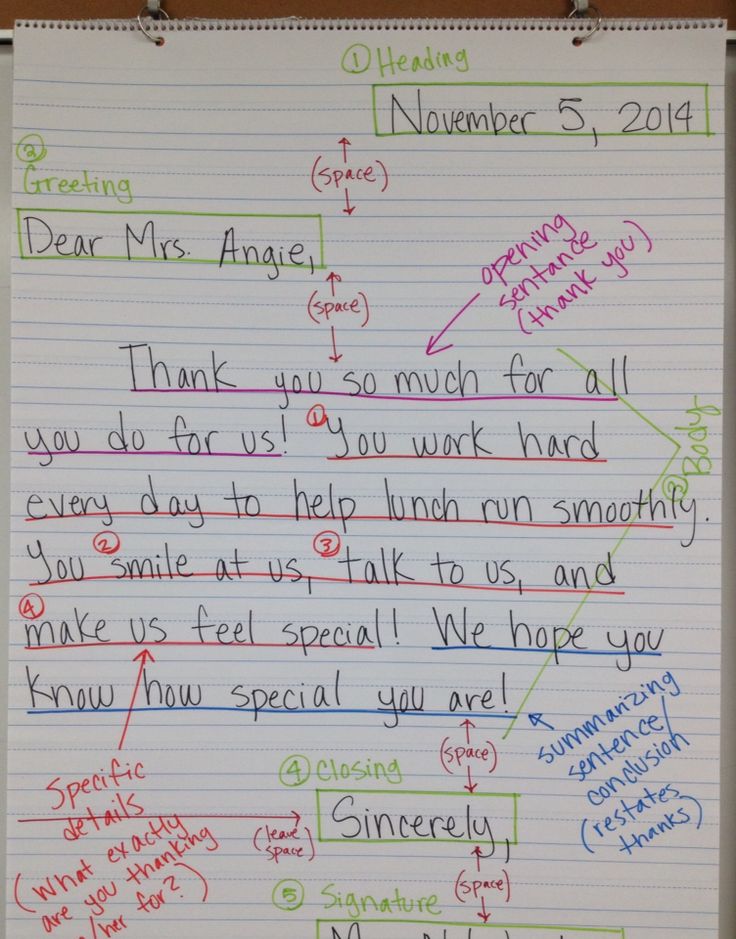
Just like with vowels, knowledge needs to be consolidated. Children may confuse letters. To prevent this from happening, play associations. You can ask the children to think of what this letter looks like. Look for objects on the street that resemble this letter. For example, you walked past the horizontal bar, it is shaped like the letter " p ", or look at the doorway, also resembles " p " in shape. Fold it out of pencils, look for it in store signs.
Alphabet Learning Methods
There are several popular methods for teaching children to read and memorize the letters of the alphabet. You can use them, especially since specialists worked on them. But, no matter what method you work with, it is important to remember that your classes should not resemble lessons at school.
Children at this age should play and get the information they need through games. Therefore, after a short training part, immediately proceed to an interesting, gaming one.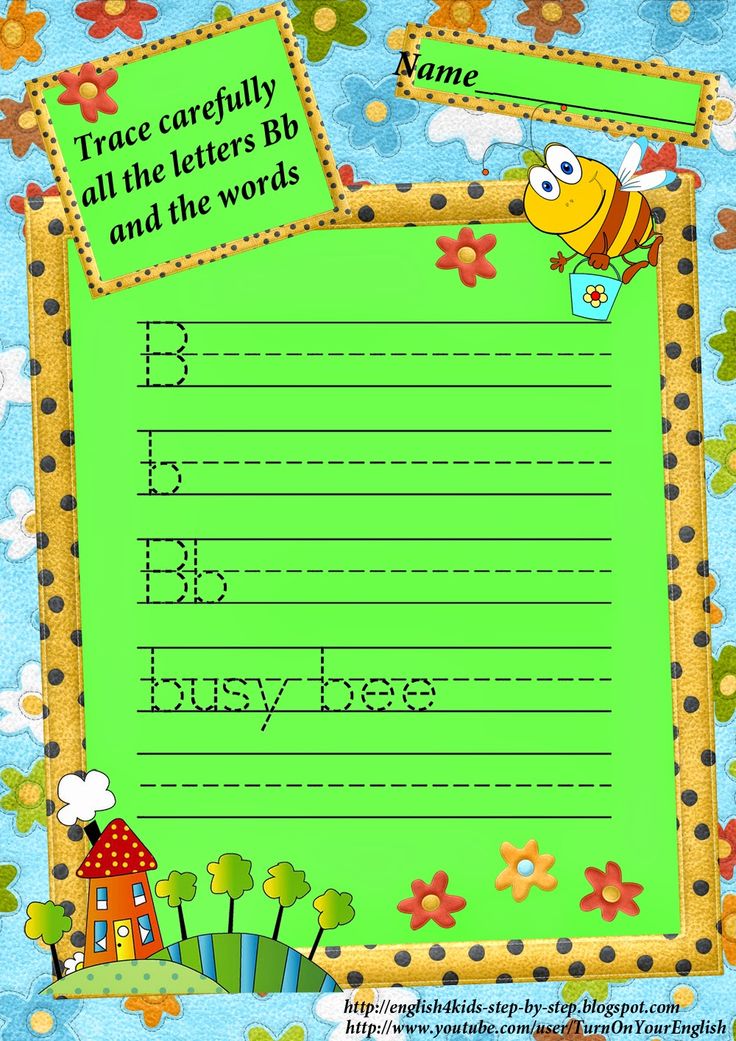 Creative activities are also very useful, with the help of which you not only study letters, but also develop the child’s fine motor skills, improve his drawing and coloring skills, and strengthen the ability to use scissors. nine0003
Creative activities are also very useful, with the help of which you not only study letters, but also develop the child’s fine motor skills, improve his drawing and coloring skills, and strengthen the ability to use scissors. nine0003
Games and game exercises
There are a huge number of game exercises that will help you consolidate knowledge. We will give a few examples.
1. Find words with the right sound . You need to prepare cards that show different objects. The child must choose among them those in which there is a studied sound. First, you can simplify the task: ask him to find words that begin with this letter.
2. Catch the sound . To stretch a little, mother and child walk around the room. Mom calls different words. As soon as the child hears a word with the desired sound, he stops and claps his hands. nine0003
3. Think of the word . Ask your child to come up with as many words as possible with a certain sound.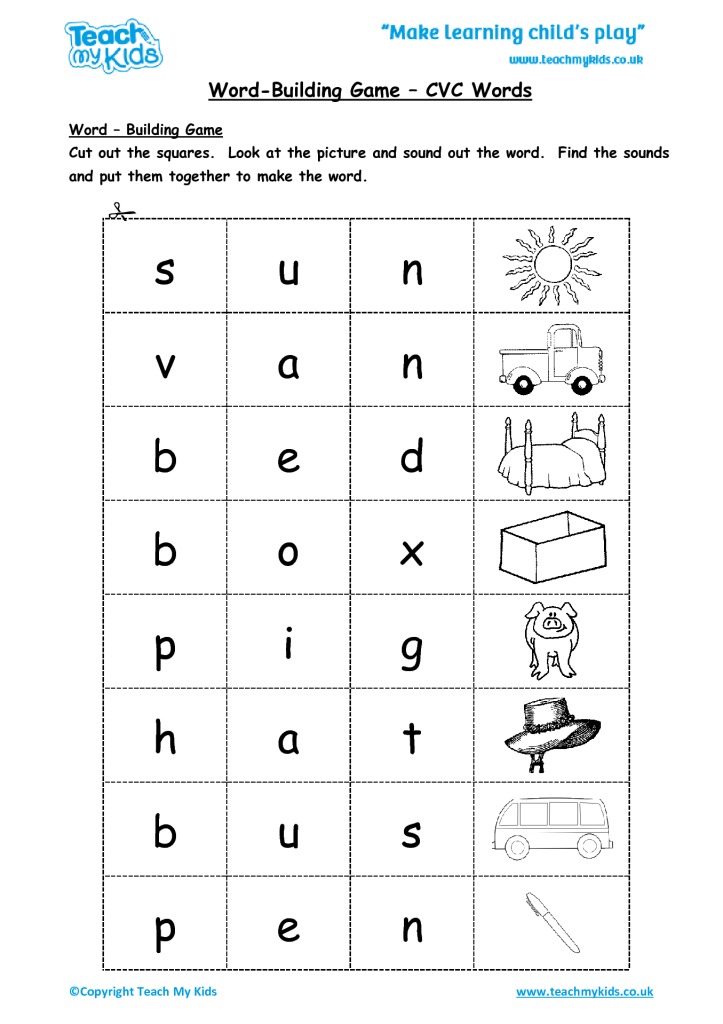 You can do this in turn, for example, first the mother calls the word, then the baby.
You can do this in turn, for example, first the mother calls the word, then the baby.
The task needs to be complicated, that is, the sound can be not only at the beginning of the word, ask him to come up with a word in which this sound will be at the end or in the middle. For example, you are learning the sound "a". First, you select words that begin with this letter - apricot, orange, then those that end in "a" - Moscow, jellyfish or contain the sound "a" in the middle - mosaic, eye. nine0003
4. Determine where the sound is hidden. You need to draw a simple word scheme: three squares connected to each other. Each square denotes its own: the beginning of the word, the middle and the end. Put this word scheme in front of the child, give him a chip.
You name different words, and he must show on the diagram where the sound that you pass is located. For example, if you called the word "watermelon" (you can show a picture), the child must put the chip in 1 cell, and if the word "fox" - then in the 3rd cell.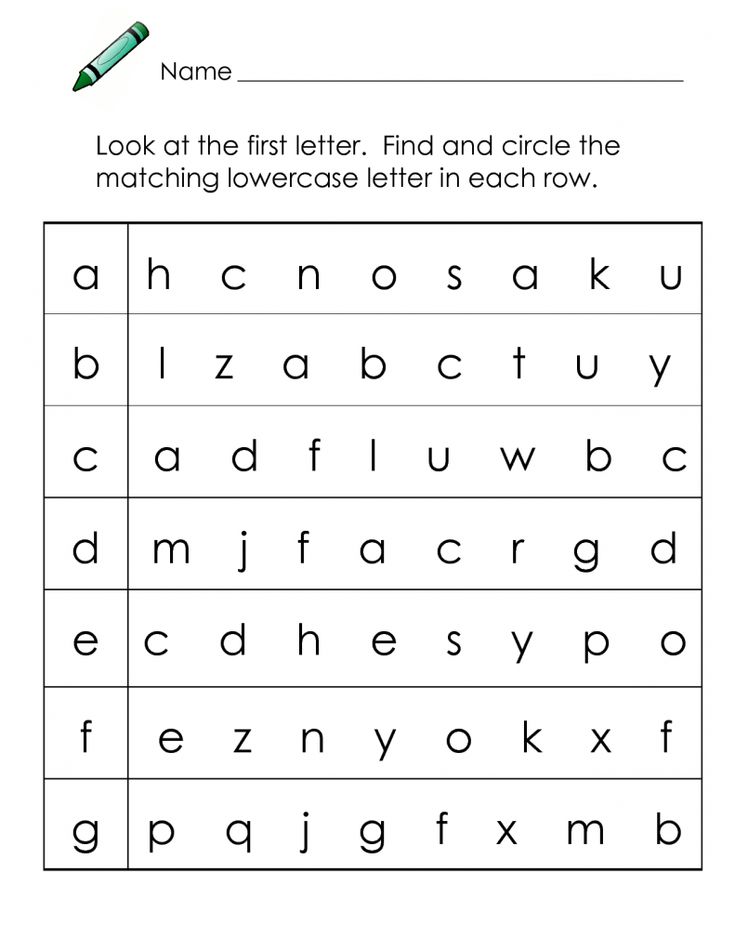 nine0003
nine0003
5. Ball game . An adult throws a ball to the child and calls different words. If they have a letter being studied, he catches the ball, if not, then he does not catch it. To begin with, you can use words in which this letter is at the beginning, then complicate the task, that is, it can be in the middle or end.
Author's methods of learning the alphabet
There are several recognized methods of teaching reading, each of which can be devoted to a separate article.
Zaitsev's cubes
The basis of Zaitsev's technique is a game, that is, children simply play with cubes (there are 52 cubes of different sizes in the set) and at the same time learn to read without making any effort. These games can be started from 6-12 months old, but up to 2 years old they are used like regular blocks, and children after 2 years old can start making words.
Zaitsev's main unit is a warehouse. It can consist of a consonant and a vowel, or a single letter.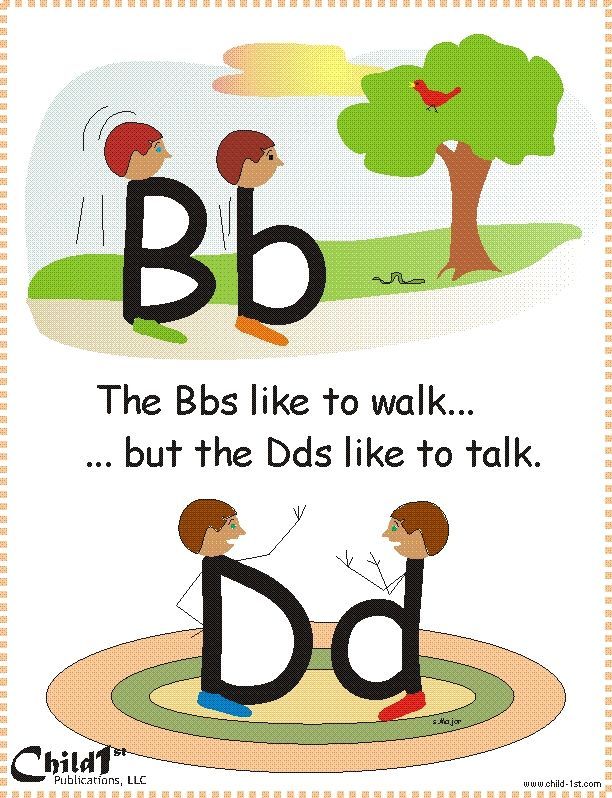 The basis of this method is the warehouse principle of reading. In addition to cubes, a large warehouse table is also used. nine0003
The basis of this method is the warehouse principle of reading. In addition to cubes, a large warehouse table is also used. nine0003
This technique has many advantages, the main of which is that any child can be taught to read. But there are also disadvantages, for example, over time, children will have to be retrained, because they remember that letters are indicated by one color, and the teacher enters his own colors, for example, red is a vowel. In addition, the child is used to the fact that words are divided into warehouses, and not into syllables. Yes, the benefits are very expensive.
Doman's cards
The neurosurgeon Glen Doman developed his technique for children with CNS disorders, but then it was also used to teach healthy kids. He recommends teaching children to read not by letter, but by words, since letters mean nothing to him, and words have real designations. nine0003
For this, whole words are written on the cards in large print (at least 7-10 cm), for example, “mother” or “dad”, which must be quickly shown to the child, voicing each word.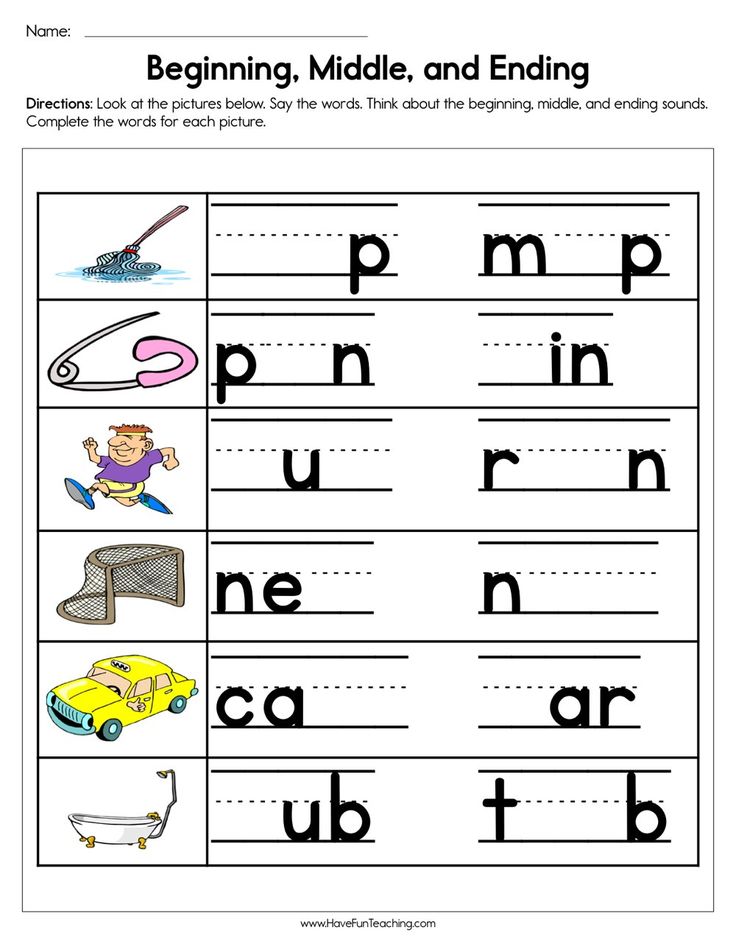 With the help of this method, even a small child can be taught to read. Training is necessarily carried out at an early age; after 5 years, the Glenn Doman method no longer works.
With the help of this method, even a small child can be taught to read. Training is necessarily carried out at an early age; after 5 years, the Glenn Doman method no longer works.
Olga Soboleva's Methodology
The principle of this training is based on the "two-hemispheric" work of the brain. The teacher tries to use the dominant type of memory, that is, the material is divided into 3 groups: for kinesthetics, visuals and auditory. nine0003
Many of its techniques are also used by ordinary teachers when teaching traditional methods to make it more interesting for children to study. Well suited for creative children and parents, it is not recommended for families where logic and structure come first.
Polyakov's method
Its author came up with 7 steps of learning to read, 70 lessons in total. Each lesson is detailed. They are held in the form of a game, take no more than 10 minutes. Stages 1 and 2 are the study of letters, warehouses, reading in warehouses.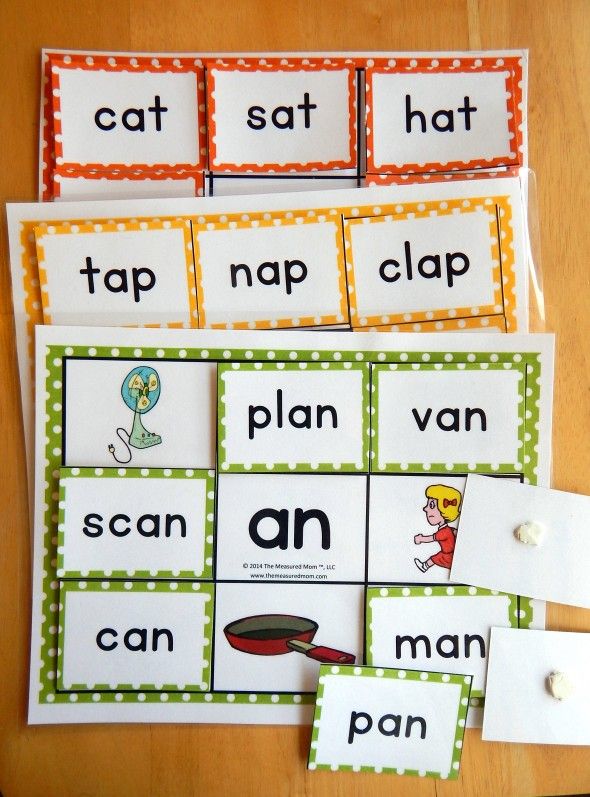 nine0003
nine0003
Sergei Nikolaevich Polyakov himself, unfortunately, is no longer alive, but his work was continued by his son, as well as teachers who practice this method. If you wish, you can purchase books that describe in detail how to conduct classes, as well as video files with examples of classes.
Creative exercises
To reinforce the acquired knowledge, it is useful to conduct creative activities. For example, you can make a beautiful alphabet together. We studied the letter - cut it out of cardboard. It is better to choose a dense material. If it is difficult for the baby, you can help him, and the child will decorate - attach beads, groats, sequins, beautiful fabric, etc. to it.
When you have collected the entire alphabet, you can decorate the children's room with it by connecting the letters into garlands, or hang it on the Christmas tree instead of toys. You can cut out paper blanks for letters, and the child must fold the whole letter from these parts.